The Veterans in the C-Suite
Three of the nation’s top CEOs talk about how their experience in the military equips them for leadership.
Imagine General Collin Powell or someone else you admire in the military taking you under their wing. And then, imagine translating that, along with 11 years in uniform, into a role in the C-suite at one of the world’s largest capital goods companies.
For Scott Wine, a U.S. Navy veteran and now the CEO of CNH Industrial, global capital goods company with a strong presence in both on and off-highway applications (including CASE Construction Equipment) such an opportunity for a once-in-a-lifetime type of mentorship happened while working at the Pentagon under Powell’s leadership.
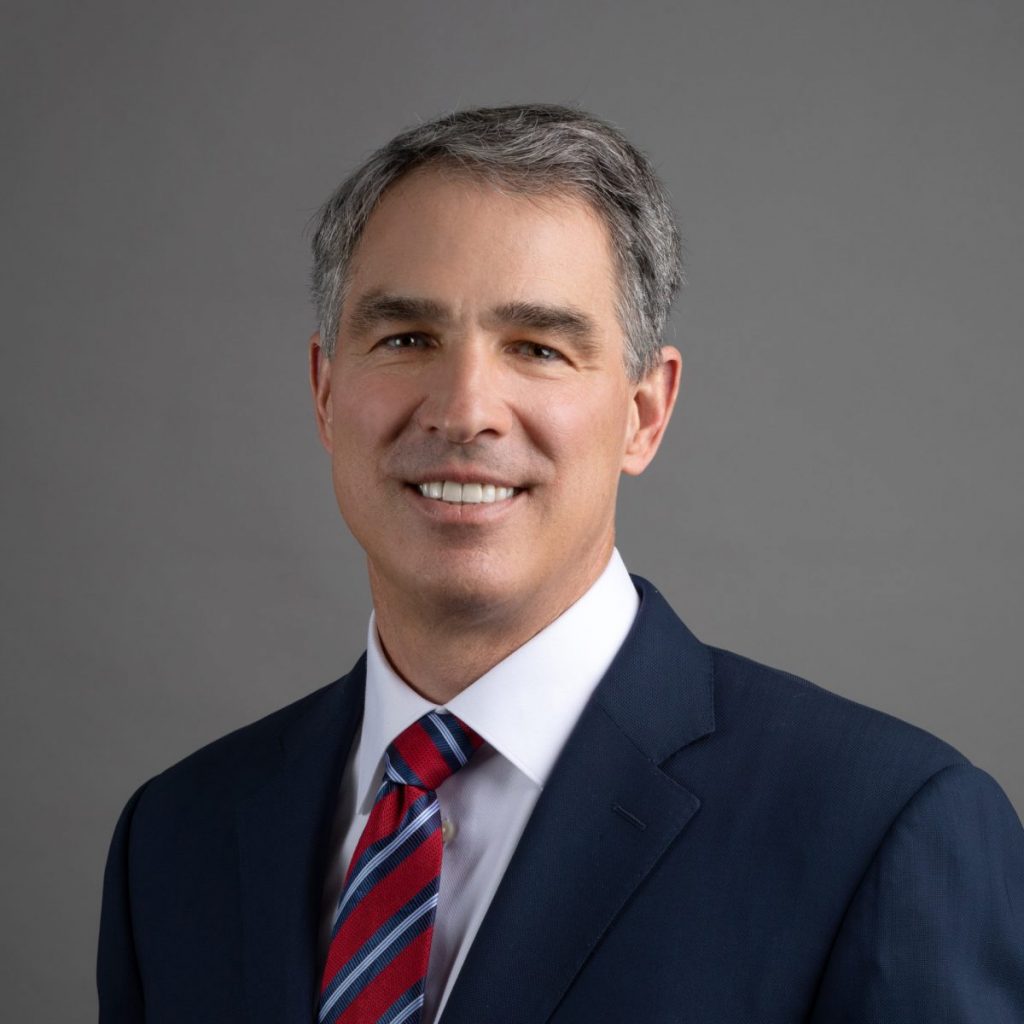
During his last tour of duty, Wine was running the executive dining room at the Pentagon when the General stepped up to mentor him, and also pay for Wine’s MBA at the University of Maryland.
Powell, who was the first African-American chairman of the Joint Chiefs of Staff and first African-American Secretary of State, passed away in October at the age of 84 from complications of Covid-19.
The experience helped Wine in his path into the corporate world—and eventually into the C-suite. Every military veteran CEO we spoke with agreed on the importance of having a mentor. And, also that the unique skills that military service brings translate exceptionally well into corporate leadership.
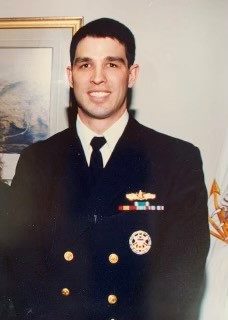
Let’s face it, hanging up the military uniform for the last time and returning to civilian life can be daunting for anyone. Yet while not every military occupational specialty translates to an equivalent job in the civilian world, the work, life, and leadership experiences veterans gain while serving Uncle Sam allow them to work in almost every industry imaginable.
A Knack for Leading in Crisis Born Out of Ambiguity and Uncertainty
For Mark Clouse, President and CEO of Campbell Soup Company, the road to the C-suite started at West Point, the storied military academy he graduated from in 1990, then led to California for flight school training, followed by six years active duty, with stints in Korea, Fort Knox, and Alabama before processing out with the rank of Captain to join Kraft Foods.
Now Clouse says his military service plays a crucial part in providing him with a tremendous foundation for his corporate leadership path.
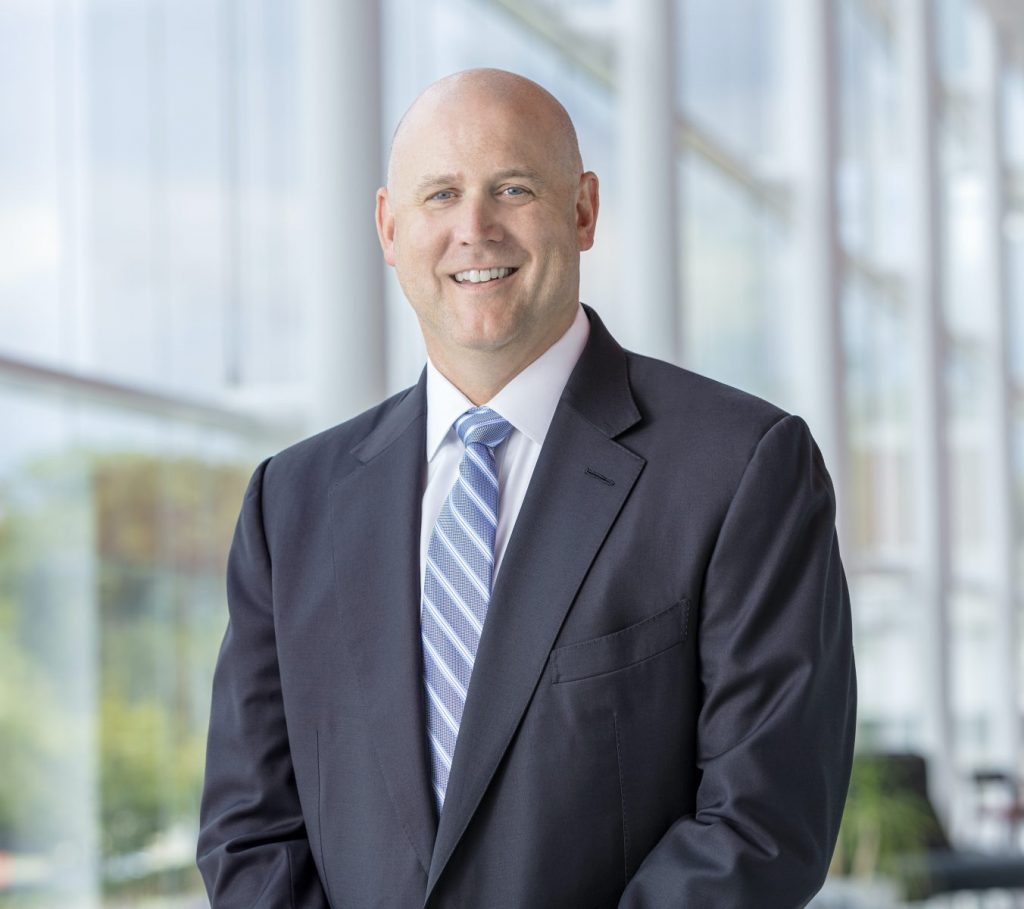
“There’s no better schoolhouse in the world for leadership than the military,” U.S. Army veteran Clouse says.
“The great differentiator in business or any endeavor really comes down to leadership,” he adds. Learning and experiencing all that in their youth is a tremendous gift and opportunity for service members.
Military experience also provides a significant perspective on managing through complexity and crisis. “Being immersed in environments where there’s a lot of ambiguity, a lot of uncertainty, a lot of emotion and challenge, and having to mobilize teams, keep them focused, calm, informed, and ready to perform in that environment… I just, I see so many parallels to what we do on the business side,” says Clouse. Especially, perhaps, in the middle of a pandemic.
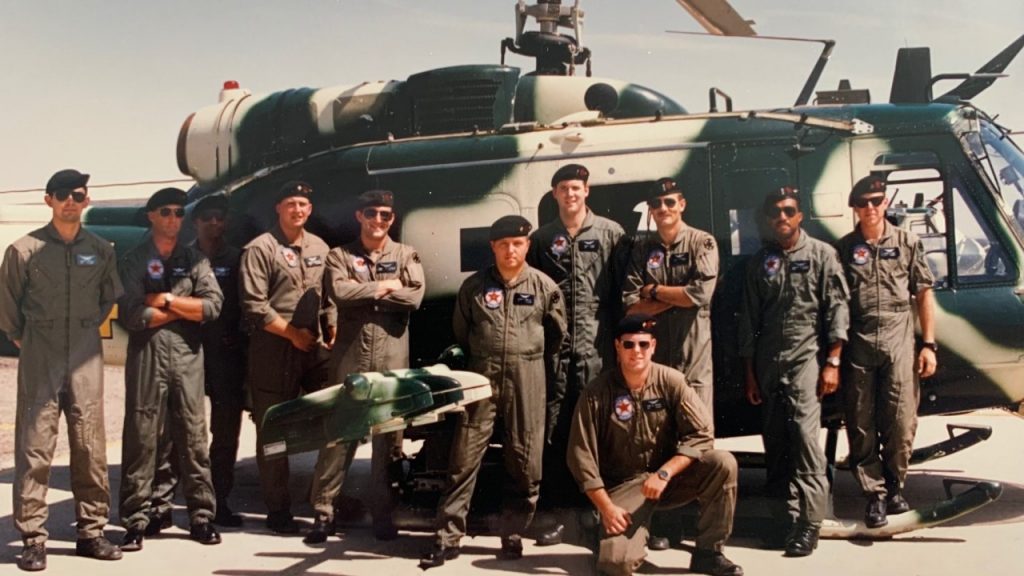
“It’s been amazing how many times I’ve reached back into that military tool bag [over the last couple of years] to think ‘okay, we’re in crisis. What do we do? How do we react? How do we mobilize the company and the team for that?’,” says Clouse. “And a lot of that was born of the experiences on the military side.”
Veterans Wield Extreme Logistical Expertise
For Art delaCruz, CEO at Team Rubicon, the global nonprofit with a vast network of military veteran volunteers helping communities when catastrophe strikes around the world, veterans come with managerial experience that recent college graduates typically lack, and an ability to remain calm under fire. They have a different perspective in discerning what’s really a crisis, especially combat veterans on the frontlines.
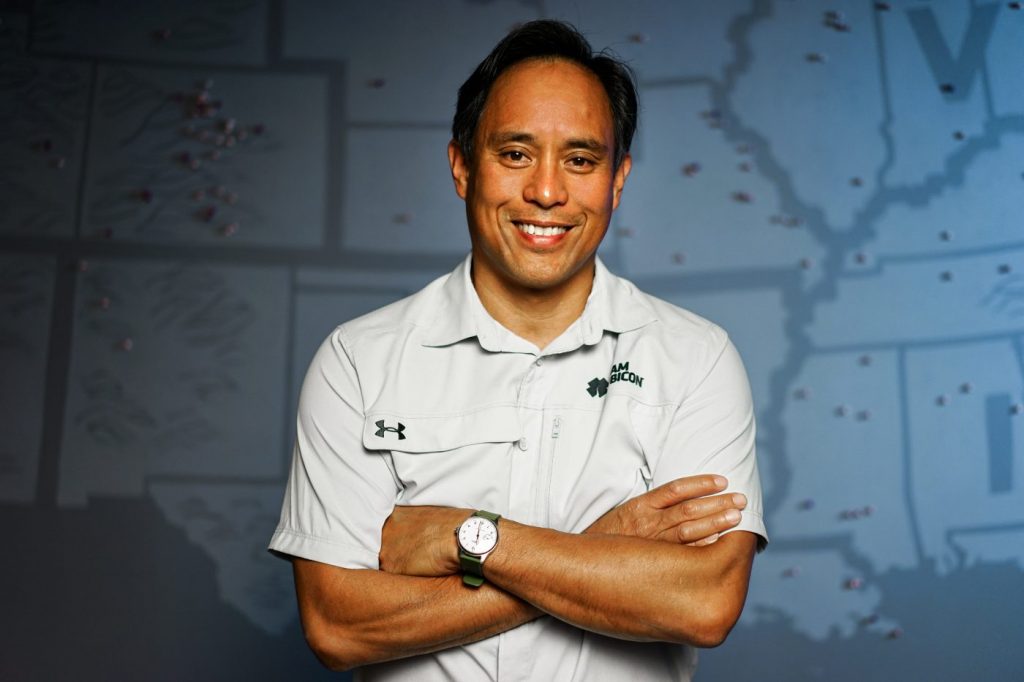
Additionally, they are able to decrease the workload and bring specificity to their work by focusing on what’s at their disposal and what they can control in any given situation.
“Veterans are pros at constantly transitioning from one thing to the next, giving them an edge and competitive advantage over civilians who haven’t benefitted from the military skills, experience, and education,” says delaCruz.
A retired Navy officer and former TOPGUN instructor, delaCruz says being a veteran with contacts in the military helps his fluidity and understanding of the journey veterans have undertaken, especially after leaving Afghanistan—a tacit knowledge that is beneficial in the nonprofit space.
When most people think of veterans, they only think of what they did in the military and forget to account for the responsibilities entrusted to enlisted and officers in leadership, including mentoring, mission readiness for their troops and families, delaCruz explains. By understanding the skills a veteran brings to a team or task, you truly understand what they can enable a mission or team.
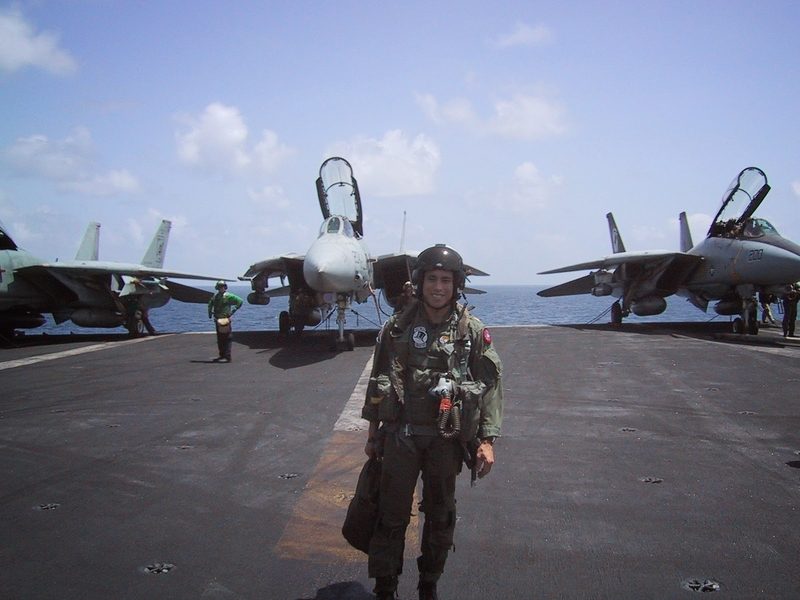
Take, for example, the instance of CNH CEO Scott Wine. As a supply officer in the military, Wine was often responsible for handling logistics. Today as a CEO he’s accountable for the logistics of a 64,000-person company with 66 manufacturing plants and 57 research and development centers in 180 countries. During the pandemic, the world became more aware of the importance of supply chains while experiencing shortages at supermarkets.
Then, there are the soft skills the military confers. “Most people don’t realize how much the military prepares you for a good civilian career,” says Wine. “You learn a lot about teamwork, accountability, communication, and fulfilling your duties.”
C is for Competitive Advantage
Whether they are in the C-suite of a 152-year-old food company or overseeing a volunteer disaster relief nonprofit, all three CEOs agree veterans bring a unique perspective, competitive advantage, and plenty of skills to the modern workforce, including timeliness, leadership skills, decision-making prowess, and a lot of adaptability.
And, a great work ethic. “Nothing we will ever ask them to do is as hard as what they were asked to do in the military,” says Wine.
For his part, Campbell CEO Clouse is also paying it forward with mentoring programs for military veterans in his organization and those still in the service.
What advice is there for veterans wishing to make it to the C-suite one day?
Rely on that military training, to a degree: Being an executive is similar to being a generalist, delaCruz argues. And, whether through active duty experience or outside of it, get a breadth of experience. Familiarity with marketing, communications, managing people, technology, and finance will be really helpful in plotting the course to an executive dream job.